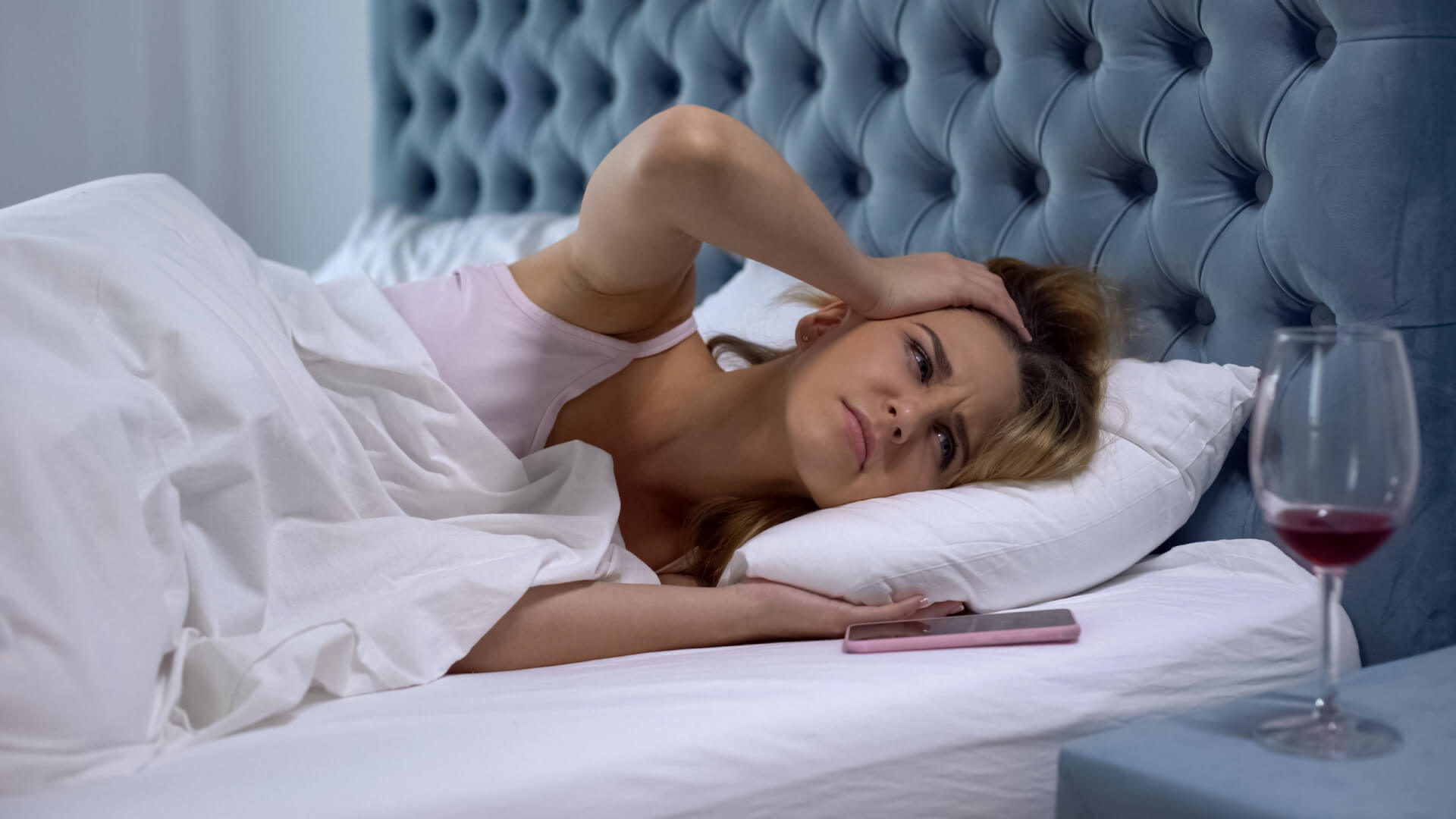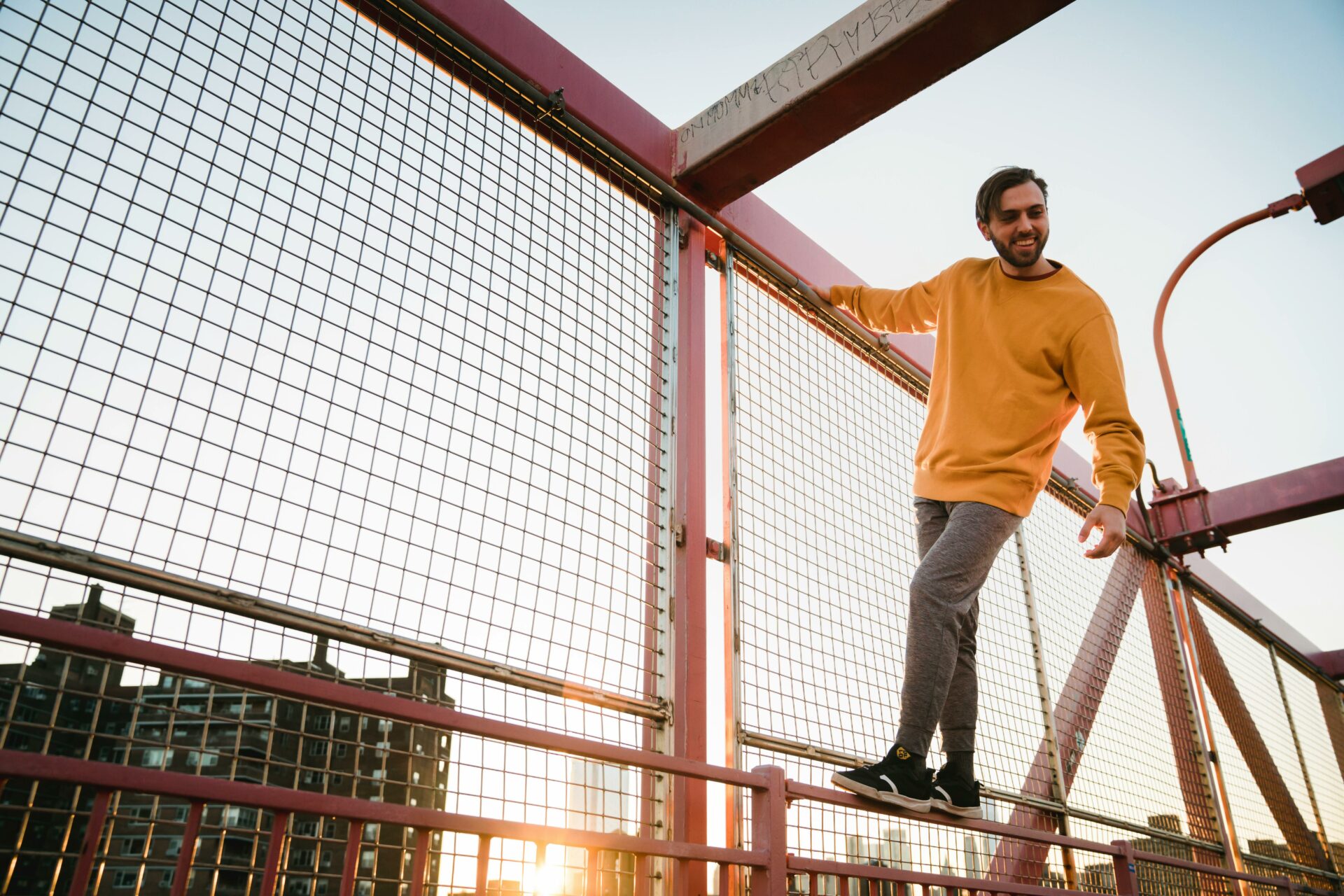True Story: Alcohol Interferes with Solid Sleep

Do you reflect on the quality of your sleep the night after drinking alcohol? Do you find that your sleep comes more easily after a few drinks with dinner? Many people conclude that alcohol is an effective sleep aid with 20% of Americans using alcohol as their preferred sleep solution. This anecdotal belief in alcohol is misleading, however, and can prove to be more harmful than helpful. In an estimate that places the cost of alcohol related problems in the United States at $180 billion, one tenth, or $18 billion of that, is attributed to sleep related costs.
On the surface it’s true. Alcohol does, in fact, lower the time taken to fall asleep. This is referred to as “sleep latency”. As someone descends into the later levels of sleep, alcohol’s disruptive effects begin to suppress rapid-eye-movement (REM) sleep, which is necessary for proper sleep and what leads to feeling rested the next morning. After alcohol intake, REM activity begins in the second half of sleep in what is called a “rebound effect” after the majority of the alcohol has been metabolized. This means that the body is trying to catch up on the lost quality of sleep from before. The disruption of REM sleep leads to more frequent awakenings and results in less of that rested feeling the next day.
The Effect of Drinking on Sleep Quality
The impact of alcohol use lies deeper than latency and sleep cycles. These functions themselves are regulated by the body’s neurotransmitters and hormones. These molecules travel through the nervous system and blood to convey information from one area of the body to another. Alcohol not only disrupts the REM cycles but also pituitary gland activity, the gland responsible for hormone secretion.
A notable hormone that is affected by the presence of alcohol is growth hormone. Typically, growth hormone is secreted by the endocrine system when the slow wave sleep (SWS) part of the sleep cycle peaks. Alcohol, however, throws a wrench in this plan by dissociating the correlation between the two. Typically, having a few drinks before bed increases the percentage of SWS compared to that of a normal sleep cycle. Despite this, growth hormone secretion is suppressed, creating a disjunction between the two usual partners.
The Physiology of Alcohol
As mentioned earlier, alcohol tampers with hormone activity as well as neurotransmitter activity. These molecules send chemical and electrical signals across the body, receiving and begging responses to certain stimuli. The neurotransmitters that alcohol plays upon significantly are GABA and glutamate. These are also implicated in regulation of sleep-wake cycles. GABA, an inhibitory neurotransmitter, is present in a plethora of areas that are responsible for the generation of SWS. Neurons responsible for releasing GABA are also present in these areas. This provides a possible explanation for the link between alcohol’s effect on initial sedation and promotion of more slow-wave-sleep than usual as SWS robs REM. Normal sleep architecture is a delicate balance which is significantly altered by even a small amount of alcohol.
The amount of alcohol ingested has a significantly greater impact on the sleep architecture of an individual. These changes in sleep mentioned above are present in acute alcohol intake before sleep. Alcoholics who have several drinks per day can have their sleep architecture altered, including increased daytime sleepiness and insomnia. Alcoholics experiencing withdrawal from drinking can run into severe insomnia and sleep disruptions. This leads to sleep insomnia being labelled as a significant predictor of relapse in a sober individual. One thing is clear, this is an area that needs much more investigation and focus on treatment options.
Alcohol and Insomnia
With 30-35% of American adults experiencing some form of insomnia it’s understandable that a great deal of them turn to the over-the-counter medication that they know best: alcohol. Without an understanding of the various effects that drinking can have on sleep quality, many use their anecdotal belief that after a couple of drinks they feel sleepy: a simple cause-and-effect relationship. This cycle of thinking can lead to harmful outcomes as physical and/or psychological dependency plays a significant role in coming back to the bottle every night.
If you turn to alcohol before bed enough, you begin to find it difficult to fall asleep without it. The spiral of dependency can lead to full-blown addictions and have proven to be problematic for further insomnia treatment. One might be unwilling to admit their dependence and withhold such information from a doctor, who might prescribe insomnia medication that should not be consumed with alcohol. This evidence alone points to a simple conclusion that alcohol is far from an alternative to counting sheep and should be avoided for self-medicating purposes.
A natural sleep remedy is a much better substitute. Zenbev Drink Mix really does help you fall asleep and stay asleep and preserves normal sleep architecture. Oftentimes it can take a while to realize that using alcohol as a sleep aid is not really working and may be doing much more harm than good. When that time comes, switch out your drinks and consider trying the best natural sleep aid there is, Zenbev. It’s the healthiest sleep aid and as a first step, just may help those deciding to tackle their alcohol and sleep issues.


